
Developer: Cyanide
Publisher: Focus Home Interactive
Platforms: PC, PS4, Xbox One
Tested on: PC
Call of Cthulhu – Review
The geometry of R’lyeh is “abnormal, non-Euclidean, and loathsomely redolent of spheres and dimensions apart from ours.” The strange architecture of the city makes navigation on foot disorienting and treacherous; surfaces that appear flat may actually be tilted, and angles of masonry that appear convex at first glance may actually be concave.
A horrific sight to anyone who is familiar with Lovecraft’s original mythos, R’lyeh is one of the most complex and dreadful pieces of horror architecture built by its creator. Quite often horror is based on cheap jump scares or misplaced unexpected grotesque scenes, but most of the time, you’ll find that the best horror comes from the unexpected. The dread of a good monster that you only see once or twice in a 20-hour experience but only hear terrifying accounts of. This is the strength in psychological horror and will be what we’re exploring today.
Story
An old war vet, hopeless to the point of alcoholism, starts a private detective agency. Nightmares, sleeping pills, and then, a knock on the door. On the other side of it, the butler of a wealthy family estate, with a case. His employers died in a mysterious house fire that the police wrote off as an accident, but the butler thinks otherwise. On you the task to figure out the actual cause of their deaths while you explore their mansion, island, and the system of tunnels that make up their home. As you push on in your investigation you start to find bits and pieces of evidence that push towards an alternative explanation for the events on the island… Can you keep your sanity, or do you give in completely to the whispers?
As we mentioned in the intro, some of the best horror comes from the absence of information, and that was what Lovecraft was best at. When you play through the game there’s only the absolute rare jump scare. Most of the elements in the story are shrouded in mystery, which can have two different consequences depending on how the player reacts to it. Players that are heavily invested in a story from the beginning will find that this is an excellent drive to keep the story going, whereas players that get bored if so much is hidden may find this frustrating to have to deal with. The game also has several different endings, depending on how well (or not) you made it through certain skill checks and based on your total sanity at the end of the story. At any pace, the story for us felt well rounded with enough hooks and mystery to keep players going, but peppered with a good amount of reveals here and there to keep the player wanting more.
Graphics
Dark and drab colors are a regular part playing through Call of Cthulhu. It -is- a horror game after all, and with the territory comes some amount of the usual suspects. Unlit dark corridors or large cavernous expanses that you can only see so far in? Check. Run down bars with ratty sailors? got those too. Call of Cthulhu has a lot of the staples in a film-noir horror game, but with a bunch of different locales to keep it fresh and interesting. Despite the washed color scheme of the game, it is still really fun to look at everything, as a lot of the environment and other things in the game have such hidden detail that makes it so interesting to just wander around to search for clues and look at the stack of books in a bookstore, or the contents of a jail cell in a mental hospital. This goes double for the people with a background in reading the works this story is based on, with so much effort going into easter eggs that you’ll have fun just hunting for those.
Sound
Unlike some other horror games, Call of Cthulhu relies on smaller, more mysterious sounds. You won’t hear a lot of crying little girls or the running of the big, lumbering monster around the corner. Minute sounds with major story weight are the standard here, all whispers of lore are significant, and talking to all the NPCs becomes important. And with all characters having a voice actor, a lot of attention to detail is given in this title, including the sound design, as it should be. There are no major problems with any of the voice acting or any of the other sound effects.
Gameplay
Horror games can come in a wide variety of gameplay styles. Survival horror where you need to build defenses to stop a monster from growing. First person shooter horrors where you need to kill hordes of zombies to get to the one enemy you cannot hit because they’re too powerful to kill outright. In this case, Call of Cthulhu is mainly a first-person narrative experience where you need to search for clues, solve minor puzzles, and simply play through the story. Some smaller environment puzzles are really the only real gameplay challenge, as well as the occasional boss fight you’ll encounter. When we talk about it like this, the game sounds kind of dull, but the story is SO intriguing, that the gameplay and story just slide together into one beautiful whole. Gameplay becomes a means to an end here, but it doesn’t take away from the experience at all.
Conclusion
Call of Cthulhu is scary, but only if you take the time to get into the story. And that is where most of the gameplay comes from. You’re supposed to check every corner, talk to every NPC, read every item description. This works wonders for the horror but is hard if you have an arcade mindset of quick bursts. A lot of its appeal comes from the knowledge of Lovecraft’s mythos, but if you do, the game is amazingly spooky to play. If you don’t, it may also be a good stepping stone to get into the world where places such as Arkham come from. If you are interested but don’t have that need to get into Lovecraft, you might want to watch somebody stream it. Other than that, it is amazingly fun to play, and absolutely worthy of picking up.
Call of Cthulhu - Review,1 Comment
Leave a Reply
You must be logged in to post a comment.

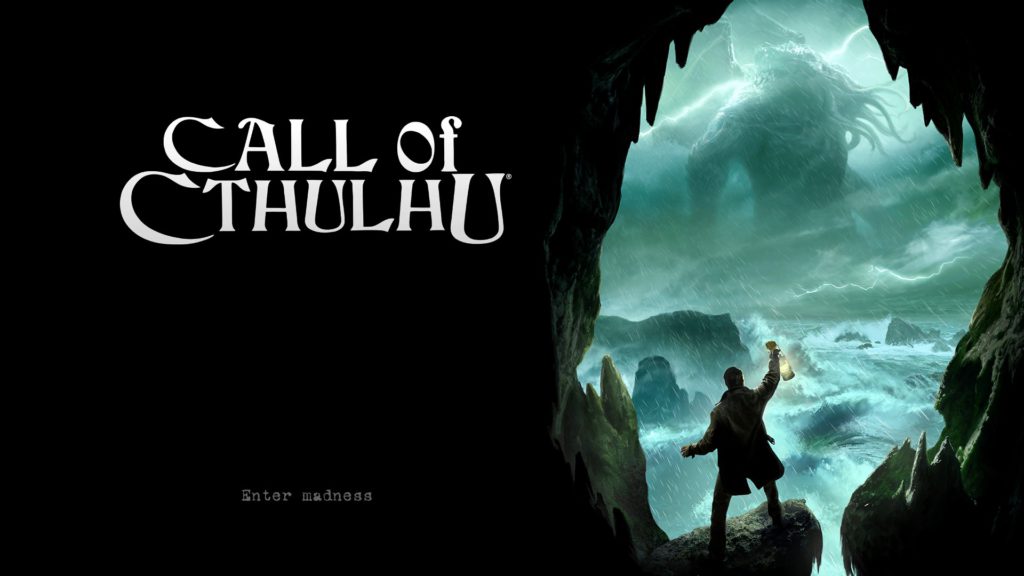
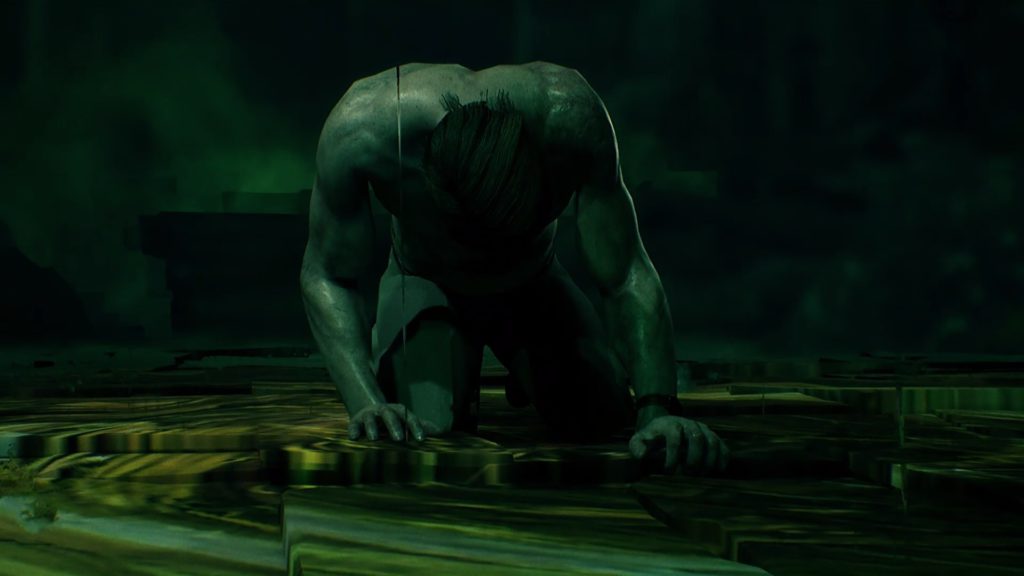
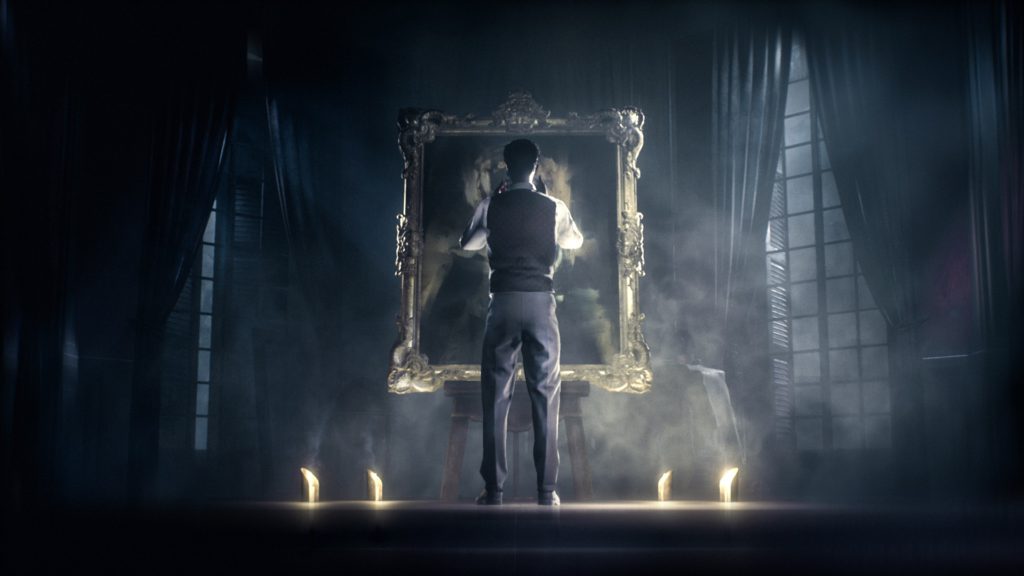
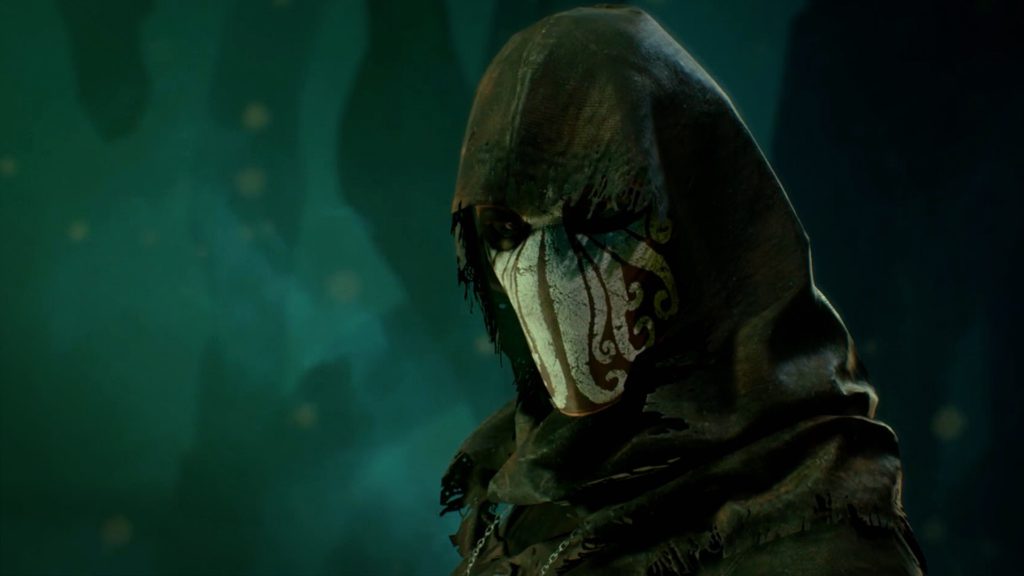
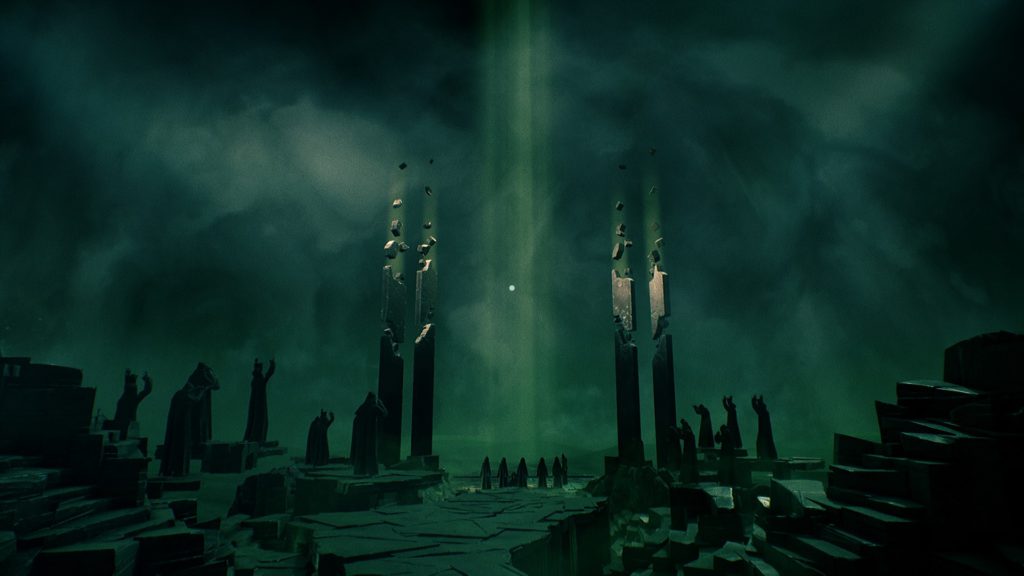



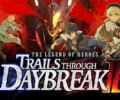
[…] the world’s most famous detective cross paths with cultists and creatures from H.P. Lovecraft’s Cthulhu mythos. Being a mystery game, it’s only natural that we don’t give away too much of the plot, as […]